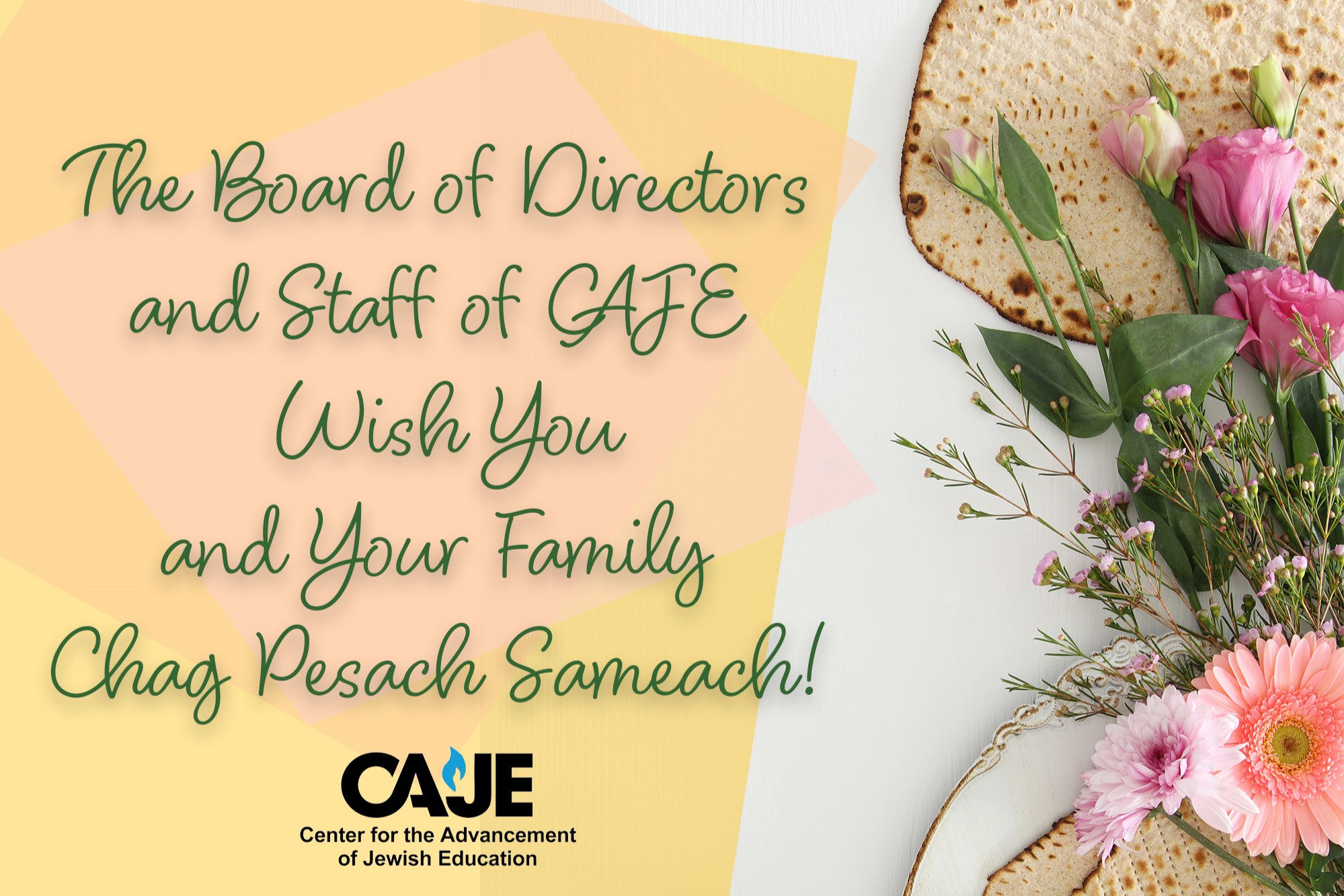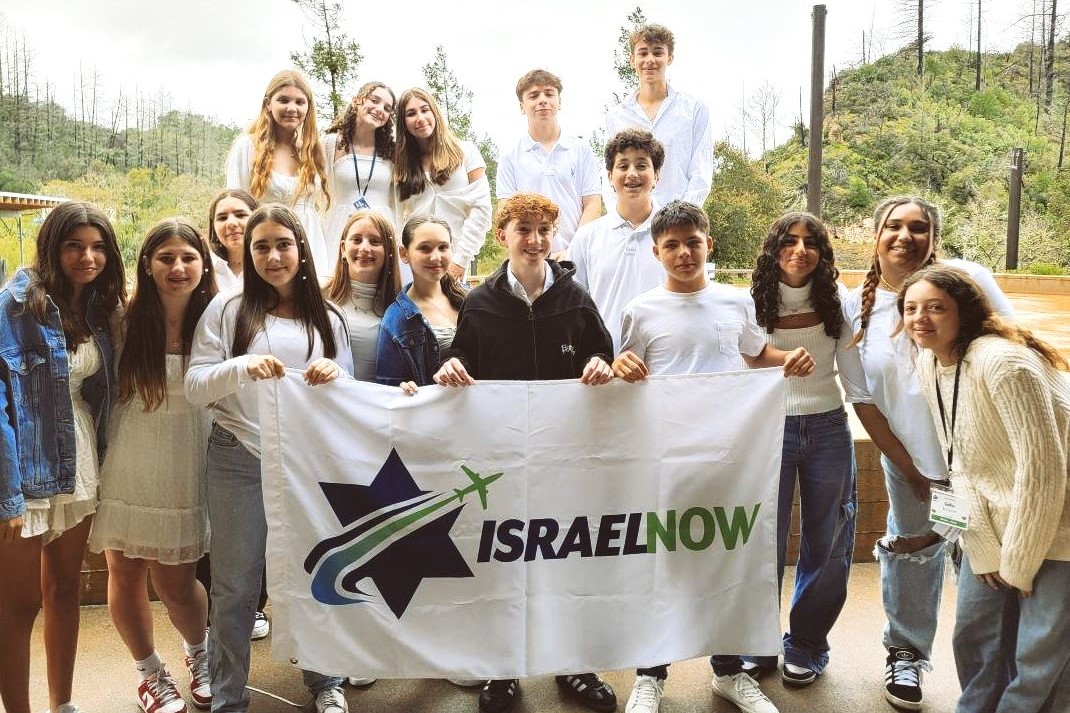“I Will”

This Dvar Torah was written by Dr. Erica Brown, Vice Provost for Values and Leadership at Yeshiva University and the founding director of its Rabbi Lord Jonathan Sacks-Herenstein Center for Values and Leadership.

Photo by Gaelle Marcel on Unsplash
I once tasked a group of leaders to come up with a six-word mission statement in the spirit of Ernest Hemingway’s famous six-word short story.
A person in the back of the room shared, in six words, a life lesson he carried with him from his father: “Always do the right thing. Period.” These six simple words continue to give him moral clarity.
Rebecca, in this week’s sedra [Chayei Sarah], has her own two words of clarity: “I will.”
Rebecca had a moment when a complex decision suddenly became abundantly clear.
Eliezer, Abraham’s servant was tasked with finding Isaac a wife. He traveled to relatives of the family and devised a test of kindness. This, above all other qualities, was essential for a member of Abraham and Sarah’s household.
Rebecca’s kindness, we are told, took the form of watering Eliezer’s many camels. Camels consume great amounts of water; the offer to provide them with water was a sure sign that Eliezer had identified Isaac’s future soulmate.
Later, Rebecca rode one of those camels to meet Isaac. She was kind to the camels, and one of those camels, it seems, reciprocated. Rebecca was so taken with Isaac upon first sight that she actually fell off her camel!
But enough about camels. Focusing on Eliezer’s camels minimizes other important and overlooked details in this romantic story.
Rebecca’s kindness was evident before this famous gesture.
When Eliezer encountered her at the well, he asked for a little water for himself. Then she gave him water. Then she watered his camels. Then Eliezer checked if Rebecca was a relative of Abraham’s. Then he asked if there was room in her father’s house for guests. With each request, Eliezer asked more of Rebecca. This, too, may have been part of Eliezer’s test.
Rebecca’s reply was full of self-assurance: “‘I am (anokhi) the daughter of Bethuel the son of Milcah, whom she bore to Nahor.’ And she went on, ‘There is plenty of straw and feed at home, and also room to spend the night’” (Gen. 24:24-25).
Rebecca invited Eliezer to join her family of her own accord. She did not wait for her father’s permission. It is this that Eliezer noticed immediately.
He suddenly bowed and thanked God for making his job so easy: “Blessed be the Lord, the God of my master Abraham, who has not withheld His steadfast faithfulness from my master. For I have been guided on my errand by the Lord to the house of my master’s kinsmen” (Gen. 24:28).
Later, after negotiating with the family, Eliezer wanted to take Rebecca back to his people.
The group sought out Rebecca’s opinion, and with that same confidence and clarity she displayed earlier, Rebecca responded. “‘Will you go with this man?’ and she said, ‘I will’” (Gen. 24:58).
Rashi explains Rebecca’s assertion; she would go of her own accord even if her family did not consent.
Rebecca knew her own mind.
Rashi’s grandson, Rabbi Samuel ben Meir adds that it was common courtesy to ask the bride if she wanted to spend her engagement period with her family or go to her new family.
In saying “I will,” Rebecca was confirming her desire to make her future happen rather than waiting for it. Rebecca looked forward.
Rabbi Jonathan Sacks, whose yartzheit was this week, advises us to always do the right thing. Period.
“Don’t wait for the world to get better. Take the initiative yourself. The world is waiting for you” (Covenant and Conversation - “The World is Waiting for You”).
When you have lucidity on the course of action before you, don’t wait another minute. And Rebecca didn’t...
Shabbat Shalom




